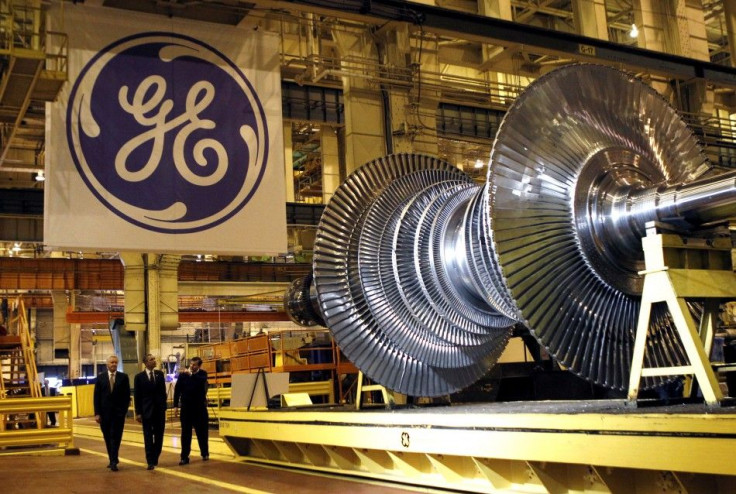US 4Q GDP Falls 0.1%, First Decline Since Q2 2009

The U.S. economy unexpectedly contracted in the fourth quarter for the first time since the last recession, as businesses scaled back on restocking, government spending plunged and exports fell. But there should be little cause for alarm.
“This isn't the start of a new recession,” said Paul Ashworth, chief U.S. economist at Capital Economics, in a note to clients. “Admittedly, the decline in exports reflects the weakness of global demand. But the drag from defense spending and inventories is a one-off. The rest of the report is all encouraging.”
Gross domestic product fell at a 0.1 percent annual rate after growing at a 3.1 percent rate in the third quarter, the Commerce Department said Wednesday. Economists polled by Thomson Reuters had expected output to increase at a 1.1 percent rate. None of the economists surveyed had predicted a contraction. This was the worst performance since the second quarter of 2009, when the recession ended.
For all of 2012, the U.S. economy expanded 2.2 percent after a 1.8 percent increase in the prior year.
Government spending slumped 6.6 percent after a 3.9 percent rise in the third quarter. The result was dragged down by a 22.2 percent decline in the volatile defense outlays – the biggest drop since 1972, following the Vietnam War. Defense spending had surged 12.9 percent in the prior quarter.
Lower inventories shaved 1.3 percent off U.S. growth after giving an artificial boost to the third quarter figure. Had inventory levels remained neutral, the economy would have grown at a 1.2 percent rate.
A decline in sales overseas also slowed the economy in the final three months of last year. Exports fell 5.7 percent, the biggest decline since the first quarter of 2009. Net exports subtracted a further 0.3 percent from overall GDP growth.
The advance report is often subject to sharp revisions. The GDP report will be refined through two further updates over the next few months.
Despite the looming fiscal cliff and Superstorm Sandy, consumption growth accelerated to 2.2 percent, from 1.6 percent, while business investment increased by 8.4 percent -- more than reversing the 1.8 percent decline in the third quarter. Residential investment increased by as much as 15.3 percent.
“Frankly, this is the best looking contraction in GDP you'll ever see,” Ashworth said. “First-quarter GDP growth is going to be pretty weak because of the expiry of the payroll tax cut. But there is nothing in these figures to change our view that U.S. GDP growth will accelerate as this year goes on.”
© Copyright IBTimes 2024. All rights reserved.





















